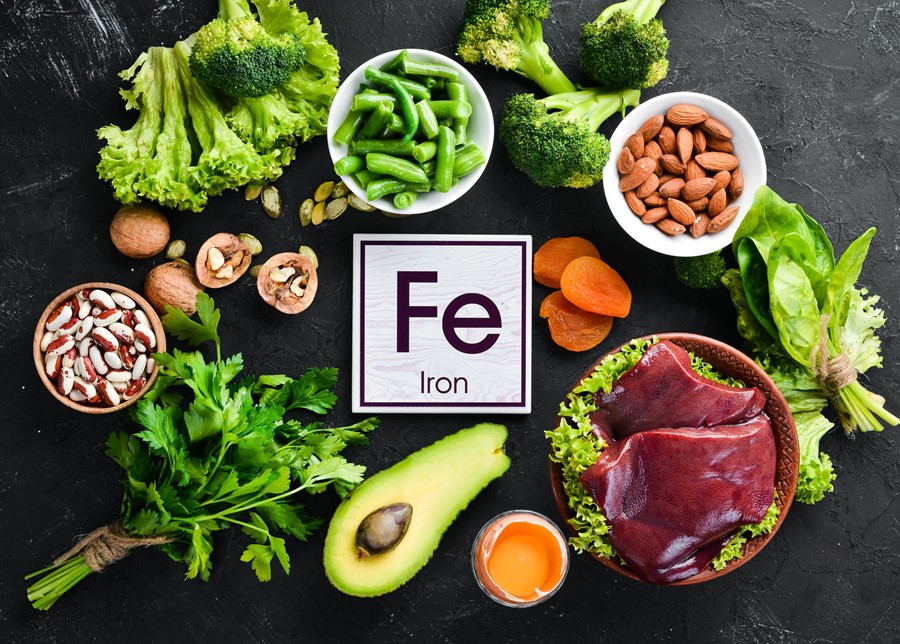According to the World Health Organization (WHO), iron deficiency is the top nutritional disorder in the world
Research suggests that as many as 80 percent of people in the world don't have enough iron in their bodies, and as many as 30 percent of people have anaemia due to prolonged iron deficiency.
Anaemia is a deficiency of red blood cells, which can lead to a lack of oxygen-carrying ability, causing unusual tiredness and other symptoms. The deficiency occurs either through the reduced production or an increased loss of red blood cells. To produce red blood cells the body needs (among other things) iron, vitamin B12 and folic acid. Lacking one or more of these nutrients can cause the on-set of anaemia.
Pregnancy increases the risk of anaemia due to the increased demand for iron, and teenage girls are more prone to iron deficiency
Diet: It is important to eat a varied diet to obtain your daily allowance of iron and good sources include liver, lean meats, eggs, whole grain breads and cereals, fruits, vegetables, and brewer's yeast. Beetroot juice and lettuce are particularly useful. Anaemic people become more drained of iron if they eat spinach, but it is a good source of iron for non-anaemic people.
Helpful Foodstate Supplements:
Iron: Only consume foodstate iron, the common chemical form is ferrous sulphate, a nasty material
Vitamin B Complex containing: Biotin, folic acid, vitamin B12, vitamin C
Helpful herbs: Spirulina, wheat grass, alfalfa, ginseng, nettle, rehmannia & yellow dock
Avoid: Excess consumption of caffeine, aspirin, ordinary calcium, chromium, phosphorus and zinc supplements, aspirin, lead, cadmium and boric acid








